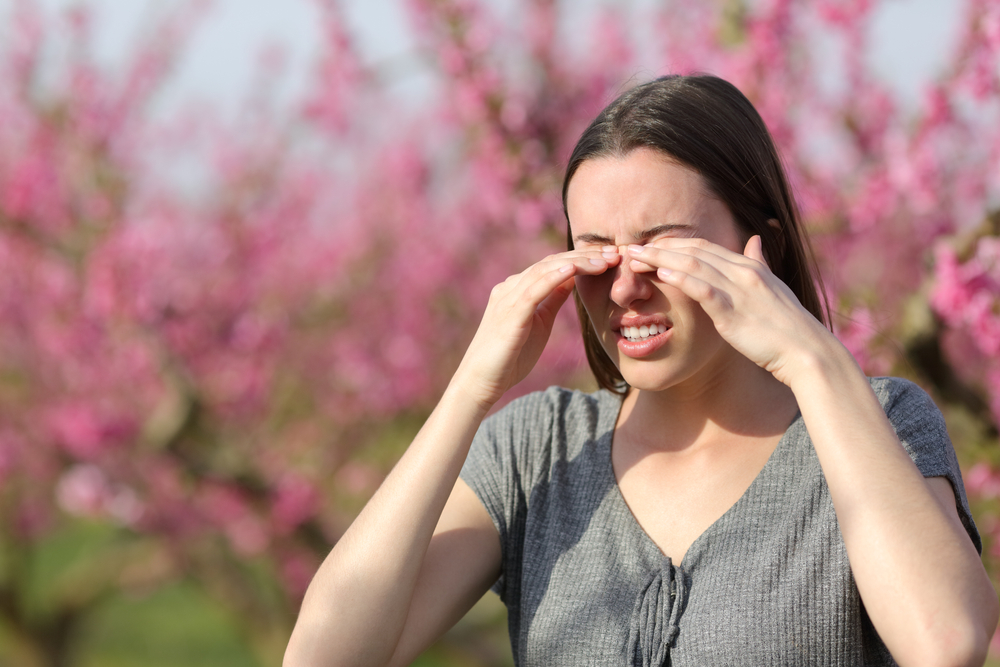
When it comes to eye health, it's important to understand the difference between ocular allergies and dry eye syndrome. While both conditions can cause irritated eyes, they have different causes and symptoms. By understanding the distinctions between these two conditions, you can take the necessary steps to alleviate your discomfort and seek appropriate treatment.
Understanding Ocular Allergies
Ocular allergies, also known as allergic conjunctivitis, occur when your eyes come into contact with an allergen, such as pollen, pet dander, or dust mites. This can cause an allergic reaction, resulting in symptoms such as redness, itching, watery eyes, and swelling of the eyelids. Ocular allergies can be seasonal, occurring during specific times of the year when certain allergens are more prevalent, or they can be perennial, persisting year-round due to constant exposure to allergens.
To manage ocular allergies, it's important to identify and avoid the allergens that trigger your symptoms. This may involve keeping windows closed during high pollen seasons, using air purifiers to reduce indoor allergens, and regularly washing your hands and face to remove allergens that may have come into contact with your eyes. Over-the-counter antihistamine eye drops can provide temporary relief, but if your symptoms persist or worsen, it's best to consult with your optometrist for further evaluation and treatment options.
Causes and Symptoms of Dry Eye Syndrome
Dry eye syndrome occurs when your eyes do not produce enough tears or when the quality of your tears is compromised. This can lead to a range of symptoms, including dryness, burning, a gritty sensation, blurred vision, and increased sensitivity to light. Dry eye syndrome can be caused by various factors, such as aging, hormonal changes, certain medications, environmental conditions, and underlying health conditions (such as diabetes or autoimmune disorders).
One common cause of dry eye syndrome is meibomian gland dysfunction (MGD), which occurs when the glands that produce the oily component of tears become blocked or dysfunctional. Another related condition is blepharitis, which is inflammation of the eyelids that can contribute to dry eye symptoms. These conditions can often coexist with dry eye syndrome and may require specific treatments, such as warm compresses, lid hygiene, and prescription medications.
How to Differentiate Between Eye Allergies and Dry Eye
Differentiating between eye allergies and dry eye syndrome can be challenging, as some symptoms may overlap. However, there are a few key distinctions that can help you determine the underlying cause of your irritated eyes. Ocular allergies are often accompanied by itchiness and are more likely to occur during specific times of the year or when exposed to known allergens. On the other hand, dry eye syndrome is characterized by a persistent dryness and may be exacerbated by certain activities, such as prolonged screen time or wearing contact lenses.
If you're unsure about the cause of your symptoms, it's best to consult with your optometrist for a comprehensive eye examination. Your doctor can evaluate your symptoms, perform specialized tests to assess tear production and quality, and help determine the most appropriate course of treatment.
Schedule Your Dry Eye Evaluation with Eyecare at the Cove Optometry Today
If your symptoms are interfering with your daily activities, such as reading or driving, or if you're experiencing severe pain or sudden changes in vision, it's crucial to seek immediate medical attention.
Our optometrist may recommend various treatment approaches, depending on the specific cause and severity of your condition. These can include lubricating eye drops, prescription medications, lifestyle modifications, and in some cases, specialized therapies. We will develop a personalized treatment plan to alleviate your symptoms and improve your overall eye health and comfort.
If you're experiencing persistent symptoms of ocular allergies or dry eye syndrome, schedule an appointment with our optometrist today to find the right treatment for you. Visit Eyecare at the Cove Optometry at our office in La Jolla, California, or call (858) 283-3600 to book an appointment today.






